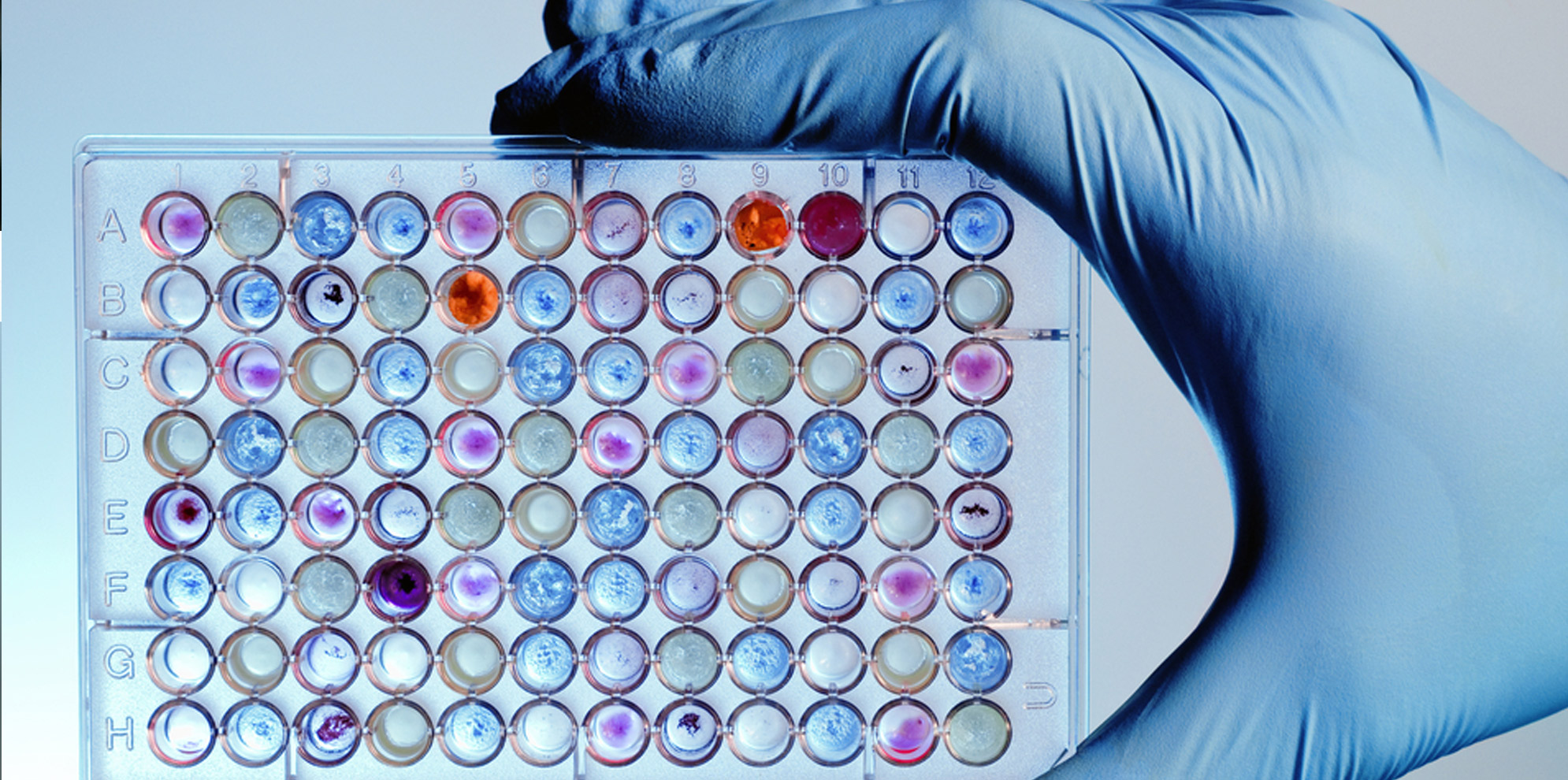
Seven innovative projects focused on improving global health won the Design by Biomedical Undergraduate Teams (DEBUT) Challenge. The winners showed exemplary initiative in designing tools for a myriad of healthcare challenges. DEBUT is a biomedical engineering design challenge for teams of undergraduate students, managed by the National Institute of Biomedical Imaging and Bioengineering (NIBIB), part of the National Institutes of Health (NIH), and VentureWell, a non-profit that cultivates revolutionary ideas and promising inventions. There were 86 eligible entries received from 46 institutions in 20 different states.
The 2020 winners are:
Steven H. Krosnick (First Place) Prize: $20,000
The Onchoscope: Using Nailfold Capillaroscopy for Onchocerciasis Diagnosis, Stanford University
Onchocerciasis, also known as river blindness, is a devastating parasitic disease that impacts over 20 million people in Central Africa—a crisis which is exacerbated by invasive and inaccurate diagnostic tools. The Onchoscope is a low-cost microscope designed to visualize, count, and track microfilariae in the bloodstream allowing for faster, more sensitive diagnosis and enabling earlier intervention of curative treatment.
2nd Place Prize: $15,000
Osmotic Concentrator for Urinary Biomarkers, University of Washington-Seattle Campus
Tuberculosis (TB) is the leading cause of death from a single infectious agent, with the vast majority of cases occurring in low- and middle-income countries, but current low-costs diagnostic tools also have a low antigen sensitivity. This team has created a novel device that concentrates antigens via osmosis, to reliably diagnose TB in low-resource, TB-endemic settings using a minimal amount of effort and instruments, and allowing for downstream assays when needed.
3rd Place Prize: $10,000
Saving Intestines at Birth: Gastroschisis Silos for Sub-Saharan Africa, Duke University
Gastroschisis is a congenital anomaly in which the intestines protrude through a defect near the umbilicus. While highly effective treatments are available, they are often inaccessible for use low resource settings like Uganda, where the gastroschisis mortality rate is as high as 98%. This team has developed a low-cost silo made from locally available materials that can substantially assist in lowering the mortality rate of neonates with gastroschisis in sub-Saharan Africa.
HIV/Aids Prize: $15,000
CytoScope: The Future of HIV Monitoring, Johns Hopkins University
Regular CD4 Counts are critical for disease monitoring and cost-effective treatment in HIV patients but the current cytometry testing process requires specialized equipment and a complex procedure. CytoScope has created a device that uses improved magnification, motorized focusing, and software algorithms to calculate a CD4 cell count estimate for HIV/AIDS patients in low-resource settings, and create base data needed for more complex image analysis.
Healthcare Technologies for Low-Resource Settings Prize: $15,000
At Your Cervix – A Universal Brachytherapy Applicator for Treating Late-Stage Cervical Cancer, Rice University
Brachytherapy is the only curative treatment for late-stage cervical tumors and, while effective, it is a risky procedure that is not currently accessible for use in low-resource settings. As a result, cervical cancer is the #1 cause of death from cancer in women in low-resource settings with many cases progressing to later stages that have a 5% survival rate. Team At Your Cervix has designed the Universally Friendly Obturator (UFO), a brachytherapy applicator, for use in low-resource settings, that comprehensively treats late-stage cervical cancer while increasing accessibility to treatment.
Venture Prize: $15,000
Deep Learning-Powered Wearable for Monitoring Focal Epilepsy Patients, Columbia University in the City of New York
Epilepsy is a neurological disorder that affects over 65 million patients worldwide but, currently, the cycle of care for epilepsy is hamstrung by physicians’ over-reliance on patients self-monitoring outside of clinic settings. This student team has designed the NeuroTrak, a wearable device that continuously gathers patient data, streams biosignals to the patient’s phone, and classifies the data in real-time to detect and differentiate seizures, enabling physicians to make quantitatively-informed decisions and optimize treatment plans for epileptic patients.
Design Excellence Prize: $5,000
A Novel Urine Dipstick for the Detection of Acute Kidney Injury, Stanford University
Acute kidney injury (AKI) is a life-threatening condition that kills 1.7M people each year, with high case numbers occuring in low- to middle-income countries, but physicians estimate that up to 80% of these deaths are preventable. This team has created a simple, rapid, non-invasive urine test that can detect a 6-protein panel of novel AKI biomarkers to enable early detection of AKI and minimize its associated mortality, even when the patient is diagnosed in later, more critical stages.
Honorable Mentions: $1,000
PneuMed: Bacterial Monitor for Life-Support Patients, Detection of Ventilator-Associated Pneumonia, University of Texas at San Antonio
ViveSense, Columbia University in the City of New York
EdgeSense: Fiducial Marker to Improve Postoperative Radiation Therapy, Johns Hopkins University
SipClip: An Assistive Dental Device for People with Dysphagia, Duke University
CranioGrip, Clemson University
The NIBIB prizes were awarded based on four criteria: the significance of the problem being addressed; the impact of the proposed solution on potential users and clinical care; the innovation of the design; and the existence of a working prototype. In selecting its prizes, VentureWell considered two additional criteria: market potential and patentability. The Healthcare Technologies for Low-Resource Settings is new for 2020, with funds from the National Institute of Minority and Health Disparities. $100,000 in prizes will be awarded during a ceremony at the annual Biomedical Engineering Society (BMES) conference in October.
Congratulations to all of the awardees!
Read more about the winning teams and their innovations here.